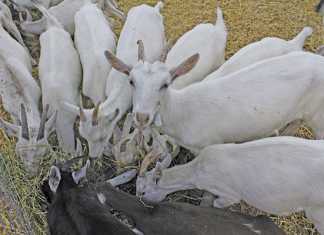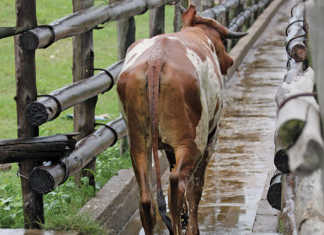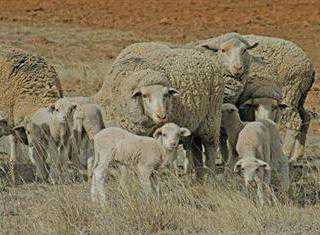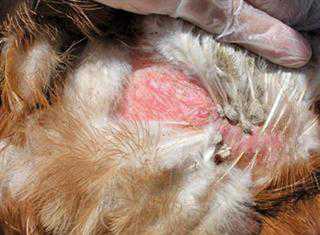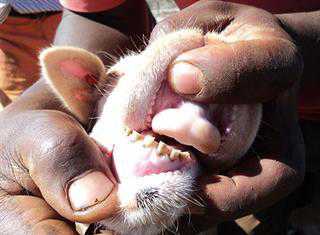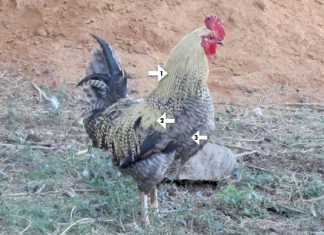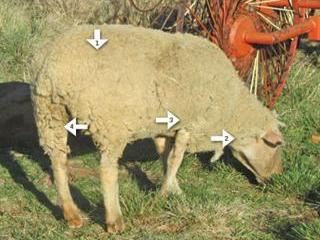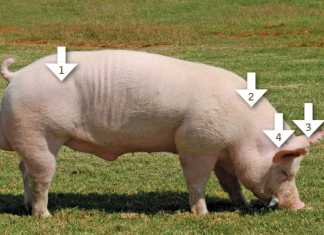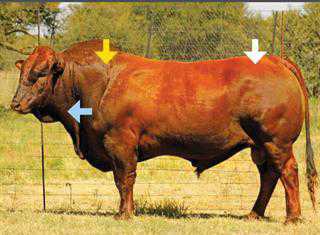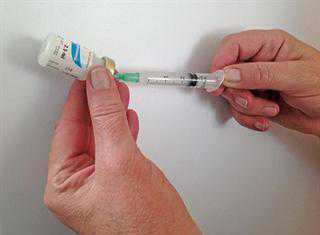Canine skin diseases
Understanding the causes and prevention can help to prevent many dogs from suffering needlessly.
Keeping goats for milk: a beginners guide
People have been keeping goats for milk for centuries. Goat milk is superior to cow’s milk in certain respects, one of which is that it is easier to digest.
Animal health: Acaricide resistance
The chemicals used to treat cattle against ticks are called acaricides. When cattle are dipped, the ticks fall off or die.
About chicken lice
Lice spread diseases, cause distress to the chicken and greatly reduce a hen’s egg-laying capacity.
Tips on defining the ‘growth curve’
Understanding the ‘growth curve’ can help you feed your livestock more efficiently. Roelof Bezuidenhout provides an overview of the concept.
Tips on how to inject chicken
If you’re a small-scale poultry producer, chances are you’ll have to inject your birds at some stage. Prof Cheryl McCrindle explains how to do it safely and effectively.
Injecting sheep and goats – Part 4
Marking animals after injections is important, says Prof Cheryl McCrindle.
Injecting pigs the correct way
As a pig farmer, you need to know how to inject vaccines, dewormers and other medicines, says Prof Cheryl McCrindle.
Injecting cattle – part 2
Injections are needed for vaccines, some dewormers or when treating sick animals, says Prof Cheryl McCrindle.
Injecting animals – part 1
Injecting livestock is potentially dangerous for them. Dirt or germs injected by accident could kill the animal.
Keep your chicken houses well ventilated
Cooling systems in cage layer houses can have a positive impact on your business. Lindi van Rooyen reports.


